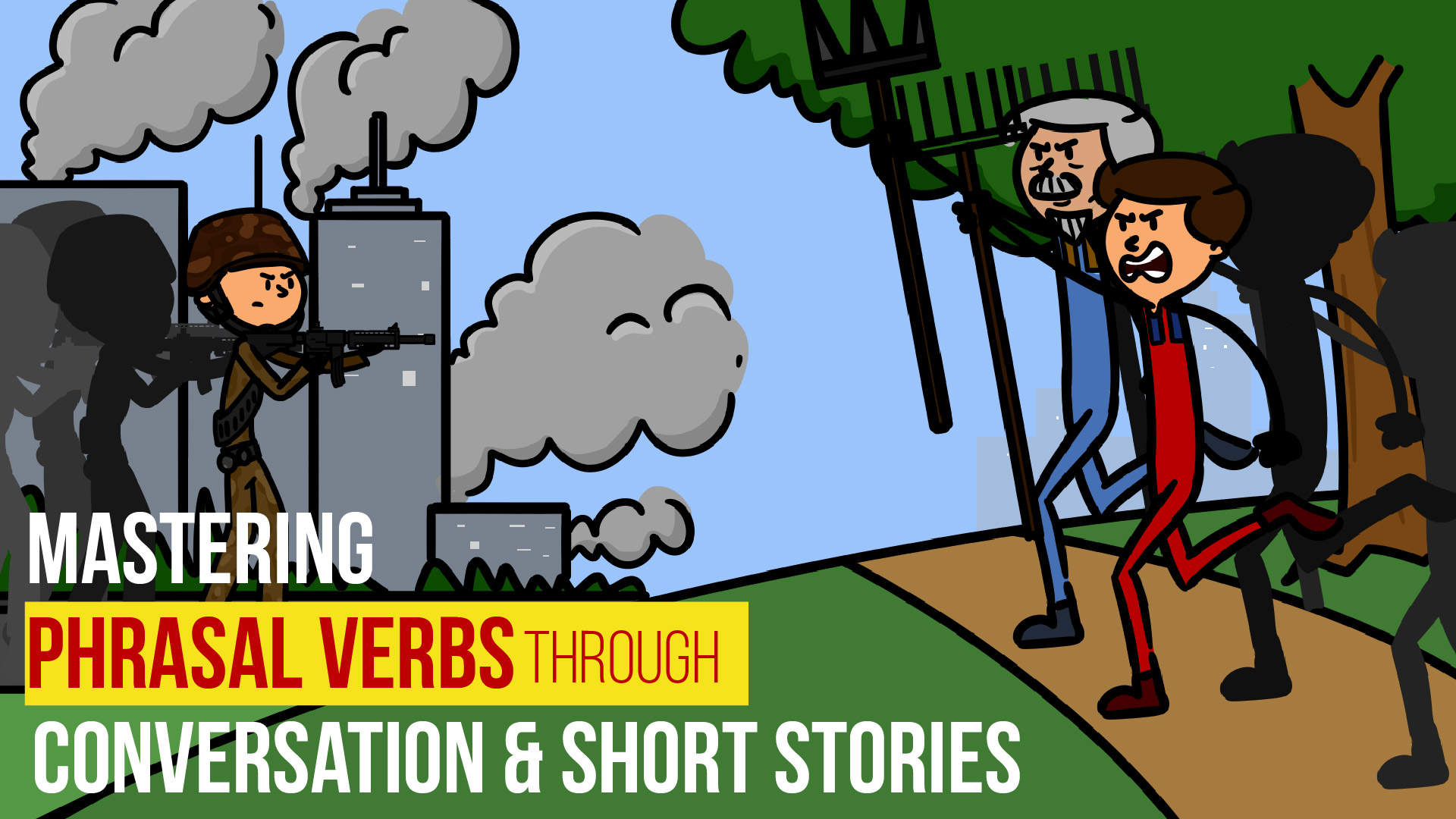| 1. to wake up: to arise from sleep, to awaken
Compare wake up and get up as used in the first example.
|
2. to be in charge of: to manage, to have responsibility for
|
3. as soon as: just after, when
|
4. to get in touch with: to communicate with, to contact
|
5. to have a good time: to enjoy oneself
|
| 6. in no time: very quickly, rapidly
This idiom can be used with the idiom at all to add emphasis to the certainty of the statement.
|
7. to cut down on: to reduce, to lessen (also: to cut back on)
|
8. quite a few: many
|
| 9. used to: formerly did, had the habit of
This idiom is used to indicate a past situation, action, or habit that does not exist in the present. The idiom is always followed by a simple verb form.
|
| 10. to be used to: be accustomed to
This idiom refers to a situation, action, or habit that continues in the present. The idiom is always followed by a noun or gerund phrase.
|
| 11. to get used to: to become used to, to become adjusted to
This idiom describes the process of change that allows someone to be used to a situation, action, or habit.
|
12. back and forth: in a backward and forward motion
|

Phrasal Verbs and Idioms for English Speaking | Lesson 9 – Elementary Level
Topics
- Academic Words
- Advanced Level
- American Life
- Brief Biography of Famous People
- CNN Student News
- Common Mistakes in english
- Elementary Level
- English Books
- English Conversations Practice
- English Course
- English for Work
- English Grammar
- English Idioms
- English Reading & Vocabulary
- English Speaking
- English Speaking Practice
- English speech
- English Stories
- English Tips
- English Writing
- Event
- Holidays Worldwide
- Improve Your English
- Intermediate Level
- Learn English with News
- Life-Changing Success Stories
- NEWS
- Phrasal Verb and Idioms
- Synonyms and Antonyms
- TED Talks
- Tool for Learning
- Tools for Learning English
More
Popular Categories




